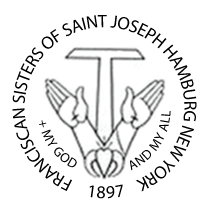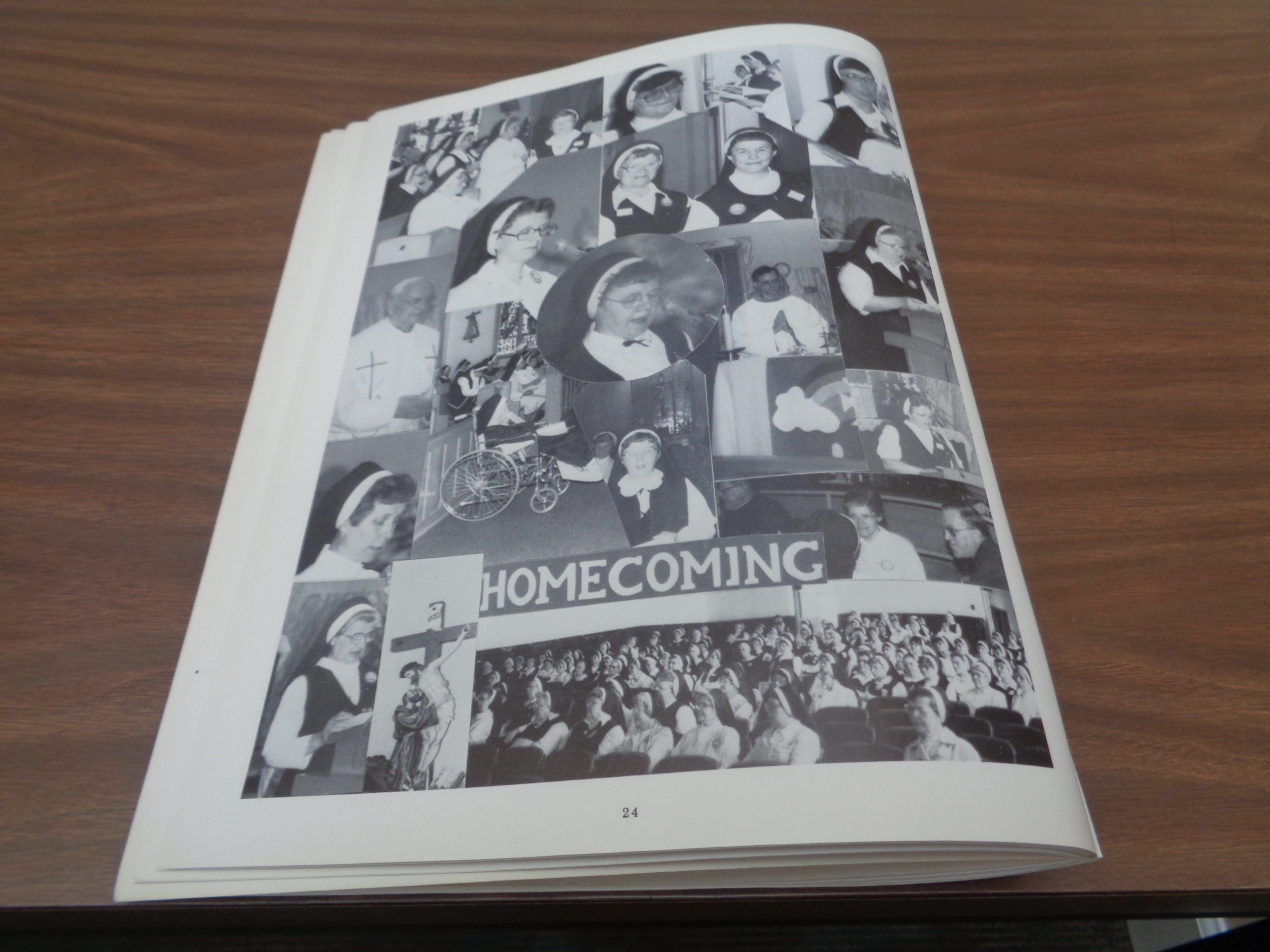
Franciscan Sisters of St. Joseph
Called by God into the Fraternity of Francis, we live in Simplicity, Servanthood, and Joy, renewing the spirit of Mother Colette Hilbert, "In all things Charity."
Monthly Reflection
The Chat
Francis and Colette sat down for a chat
And it led to importance as a Chapter of Mats,
They dialogued long about their lives on earth
With a spirit of joy and a spirit of mirth.
How they followed the Gospel for the love of it,
And both chased the Light of God until they were lit,
Filled with an energy that only love gives
The smile on their face spoke of a Spirit that lives.
“A full cup every day” was filled with strife,
This full cup idea, impressed in their thoughts,
Spilled into everything as in God’s Ways they sought.
The Community that each of them formed
Was full of Gospel Life people in lives reformed,
With the Spirit of God at work each day
Their hearts with gratitude they would display.
Because thanking God was a way of life, too,
Focused, passionate, and without thinking of You,
Our Franciscan Spirit is one that holds true
For the Love of it daily is just what we do!
The picture is a page from our booklet made after the Chapter of Mats in 1982
5229 South Park Avenue, Hamburg, NY 14075
All rights reserved. No content or images may be reproduced in any form without permission.
